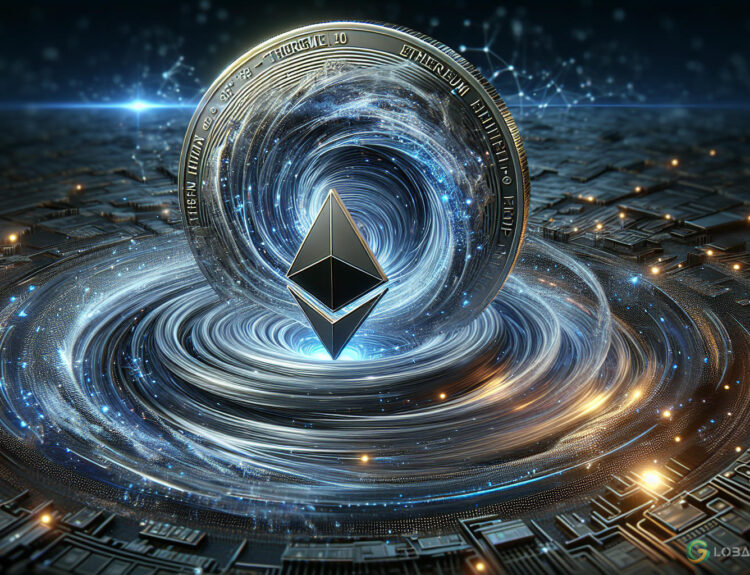Galaxy Digital, a leading player in the cryptocurrency and blockchain space, is engaging with the U.S. Securities and Exchange Commission (SEC) to explore the potential of tokenizing its own shares and possibly other equities. This initiative involves utilizing the company’s proprietary digital asset platform to advance the adoption of blockchain technology in traditional finance.
Tokenizing Galaxy Digital Shares: A Step Toward Decentralized Finance
Tokenization is a process that transforms traditional assets, such as stocks, into digital tokens recorded on a blockchain. This approach has the potential to revolutionize how assets are traded, settled, and accessed. By tokenizing its shares, Galaxy Digital aims to open doors to decentralized finance (DeFi) applications, including trading and lending, enabling faster and more efficient transactions.
According to Galaxy Digital CEO Mike Novogratz, the company is optimistic about the future of tokenized networks. He stated that tokenization feels “really close” to becoming a mainstream reality, reflecting the growing momentum for blockchain-based asset management.
Exploring Regulatory Pathways with the SEC
In March, Galaxy Digital held discussions with the SEC’s crypto-focused task force to explore the possibility of registering its stock on a blockchain. This step is critical in aligning blockchain innovations with existing securities laws, ensuring compliance while pushing forward the tokenization agenda.
The SEC has shown increasing interest in tokenized assets, hosting a recent roundtable to discuss the implications of digitizing traditional securities. Regulatory clarity remains a key factor in advancing tokenization, as it bridges the gap between blockchain technology and the current legal framework.
Galaxy Digital’s Nasdaq Debut and Market Outlook
Galaxy Digital, which managed $7 billion in assets as of March, is set to begin trading on the Nasdaq, marking a significant milestone for the company. Previously listed only in Canada, the move to Nasdaq comes amid renewed optimism in cryptocurrency markets and rising competition among blockchain-focused firms entering public markets.
Novogratz views the Nasdaq listing as the beginning of a new chapter for Galaxy Digital, emphasizing the company’s commitment to innovation and growth in the digital asset space.
Key Benefits of Tokenization
Tokenization offers multiple advantages that could reshape traditional finance:
- Faster Settlement: Blockchain technology enables near-instantaneous transactions, reducing settlement times compared to traditional systems.
- Broader Accessibility: Tokenized assets can be fractionalized, allowing more investors to participate with smaller amounts of capital.
- Continuous Trading: Unlike traditional markets that operate during specific hours, tokenized assets can be traded 24/7.
Galaxy Digital has already demonstrated the practical use of tokenization. Last year, it tokenized a 316-year-old Stradivarius violin to secure a loan, showcasing how blockchain can be applied to a variety of asset classes.
Industry-Wide Interest in Tokenized Securities
Galaxy Digital is not alone in pursuing tokenized securities. Other major players in the cryptocurrency space, such as Coinbase and Kraken, have also expressed interest in exploring similar initiatives. This growing industry focus highlights the potential of blockchain technology to transform traditional financial systems.
“We are going to ring the bell… it’s the beginning and not the finish,” Novogratz said, reflecting on Galaxy Digital’s Nasdaq debut.
As blockchain technology continues to mature and regulatory frameworks evolve, tokenization could become a cornerstone of modern finance, driving efficiency, accessibility, and innovation across global markets.
























